Grow an edible flower garden! One that is beautiful to look at and smell but also one that will nourish your body as well as your soul. We are going to look at a variety of edible flowers and what other purposes they may serve. Some of these you may have believed are weeds, but truly they are beautiful and beneficial!
Most edible flowers can be used in salads & teas or added to dishes at the last minute. Eaten fresh or as a tea – the best way to get all of the nutritional benefits.

Dandelion the Queen of the Bees & Edible Flower Garden
First up is probably the most infamous of them all – the dandelion. This cheerful greeter of the sun, and one of the first flowers to bloom in the spring, benefits everyone! To me, it brings me sadness when I see people spraying weed killer on this amazing plant. Especially when it is in favor of grass.
We NEED dandelions for the bees. Without the bees we would have no food! As soon as it warms up enough for bees to leave their hive, they go in search of dandelions. Perhaps, we should do the same. Every part of the flower is edible! The leaves, the flower and the root.
Health Benefits of Dandelions
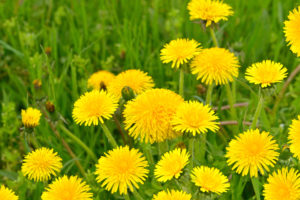
- They help the liver function
- Can help regulate blood sugar
- Fight inflammation
- Reduce cholesterol
- Could help you lose weight
Though there are many other benefits, these are my top five. Save those “weeds” next time you feel the need to remove them from your yard – and eat them!
The Pretty Pansey
Yep, those beautiful pansies are pretty and edible! And they reseed themselves which means they come back from year to year. Maybe not exactly where you planted them to begin with. I find mine in the grass far from the original flower bed they were planted in. Truth be told my “grass” is mostly weeds – but most of them are edible – which makes me happy.
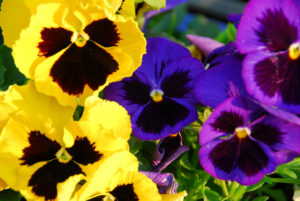
Health benefits of the Pansey
- Used for treating skin problems
- Works as an expectorant
- Relieves constipation
- Improves circulation
- Anti-inflammatory properties
Marigolds Edible Flower Garden Magic
Orange and bright, they not only help keep aphids away from tomato plants, but they are edible! Well, some of them are edible. Choose the Calendula versions of marigolds – they have broader petals than. The French call them poor man’s saffron. (Cause Saffron is expensive – in case you were wondering)
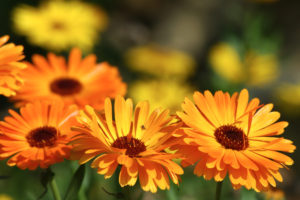
Health benefits of Marigolds
- Oral health
- Skin care
- Cancer fighting properties
- Vision health
Yes, Eat the Daisies
Often thought of as a symbol of purity, daisies are edible! Add their white petals to any salad or sprinkle on dishes to create a lovely bright contrast. Daisies make terrific flower bed staples as they spread and come back from year to year. The flower head can be used to make vinegar in place of capers! Only use the early flowers though as they become astringent as the season wears on.
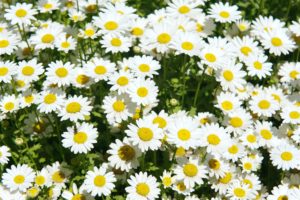
Health Benefits of Daisies
- Fight the common cold
- High in Vit C
- Aids with bronchitis
- Tames headaches
Naturally Nasturtiums Are Edible
They have a peppery flavor. Rather reminiscent of radishes. The leaves can be made into pesto for a spicy version. Eat the petals in salads and even the buds can be used in place of capers. Growing low to the ground nasturtiums look great in any garden bed.
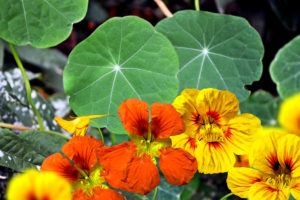
Health Benefits of Nasturtiums
- Natural antibiotic
- High in minerals like potassium, phosphorus, calcium, and magnesium as well as zinc, copper, and iron.
- Contain vitamins b1, b2, b3, Beta Carotene and C
Milkweed Marvel
Milkweed does grow as a weed but is edible and necessary for the preservation of monarch butterflies. These easy to grow tall flowers have a variety of parts that are edible. The leaves, though leathery, can be eaten. The buds, stalks and the pods are also edible. These plants do, however, need to be cooked to remove the cardiac glycosides. So, look up a recipe and have at it.
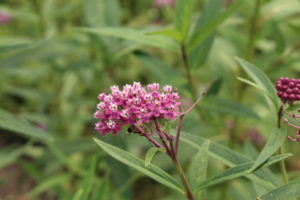
Health Benefits of Milkweed
- Milky substance removes warts
- Aids digestion
- Relaxes bronchial system
- Detoxing agent
Borage Bounty
Borage has a beautiful blue star flower that tastes reminiscent of cucumber. Only eat the flowers. First remove any “hairs” then sprinkle on salad or in soups. I’ve made tea out of the leaves. It elevates one’s mood. However, as with anything you can over do this. A little is good a lot can cause problems.
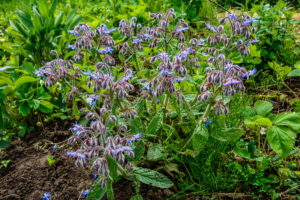
Borage Health Benefits
- Treatment for asthma
- Mood elevator
- Promotes skin health
- Anti-inflammatory
White Clover
I love white clover. Probably because it grows so profusely in my yard! Whether it’s to make tea or to add to stir fry or salads, both the flower and leave are edible. It is sweet and features a vanilla flavor. Often red clover gets all the glory, but white clover should definitely not be overlooked. While in my yard it grows in place of grass, white clover made a lovely ground cover that is sturdy to foot traffic and edible. And it provides entertainment value while searching for the elusive 4 leaf clover.
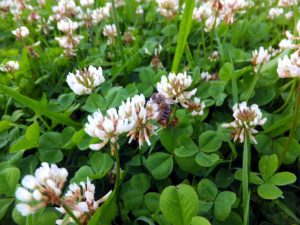
White Clover Comfrey Health Benefits
- Boosts immune system
- Fights colds
- External poultice for wounds
- Comforts joint pain
Begonia
With their lemony flavor begonias are great paired with most dishes. With their surprising crunchiness sneak them into your next sandwich for a colorful twist.
The specific types used as edible flowers come from the large tuberous begonias and the lesser wax begonias or bedding begonias. The tuberous types aren’t often planted in local gardens; however, you can find the wax begonia commonly planted summer bedding plants.
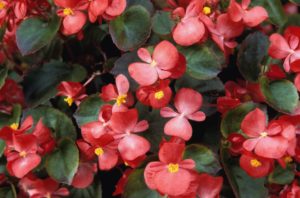
Begonia Health Benefits
- Good for teeth
- Fight the common cold
- Brighten skin
- Aids digestion
Hibiscus
Though not all hibiscus plants are edible, many are. Those big, beautiful flowers that boom in the spring are gorgeous and delicious. I’ve known for years that plucking a hibiscus flower from its stem will deliver a sweet nectar, it wasn’t till just recently I discovered the whole flower was edible!
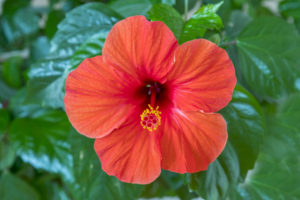
Hibiscus Health Benefits
- Packed with Antioxidants
- Can lower blood pressure
- Can lower fat levels in blood
- Made into a paste can be used to get rid of lice!
Roses in the Edible Flower Garden
More than just the rose hips are edible on a rose plant! Eat the buds, petals, and leaves too. While leaves in a salad might not be the best way to eat them, as a tea they are reminiscent of black tea without the caffeine. The leaves, petals and buds can be used in tea; however, people make fruit leathers and tonics out of the rose hips and petals. The petals do go well in your salad though.
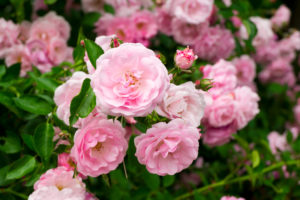
Rose Health Benefits
- Gallbladder aid
- Astringent for skin
- Soothes sore throat
- Powerful antiseptic
- Boost immune system
Lavender
Of all of the edible flower garden plants around, lavender is hands down my favorite plant. Probably because it’s also purple – my favorite color. While most people know the marvelous property its relaxing fragrance. And perhaps you are aware that it wards of scorpions. Lavender flowers are also edible. The tea is fragrant but not overpowering. When combined with chamomile makes a wonderful before bed drink. You can of course sprinkle the flowers on salads and in soup for an interesting almost anise sort of flavor.
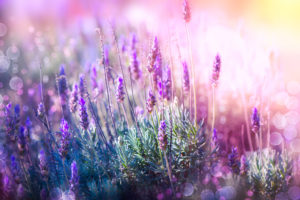
Lavender Health Benefits
- Relieves stress
- Fights fungal infections
- Helps alopecia
- Soothes bloating
- Calms nerves
Final Thoughts on the Edible Flower Garden
There are many different flowers you can eat; these are just a small selection. Before consuming flowers from your garden please make sure they have not been sprayed with pesticides or chemicals that can make you sick. And it’s always a good idea to start slow. Not everything is great for everybody.
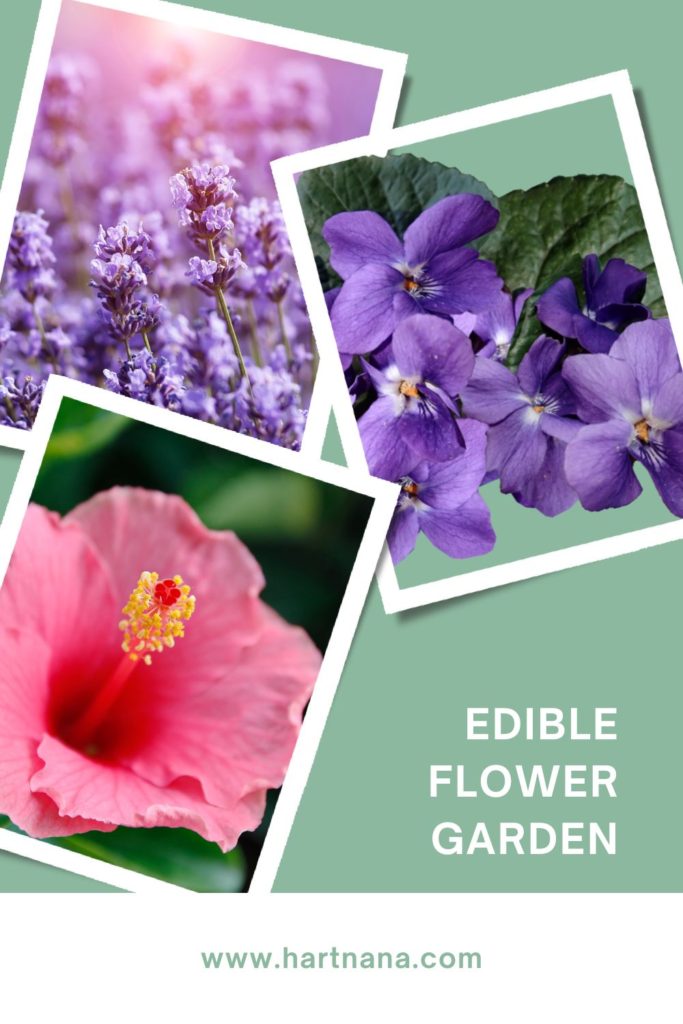
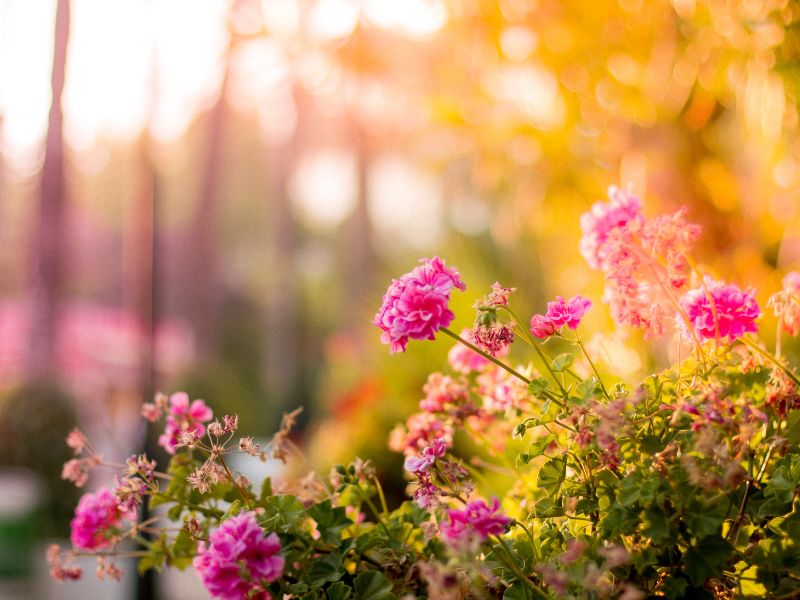

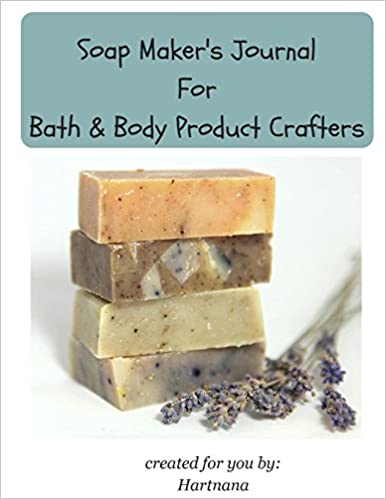 Find this on Amazon:
Find this on Amazon: